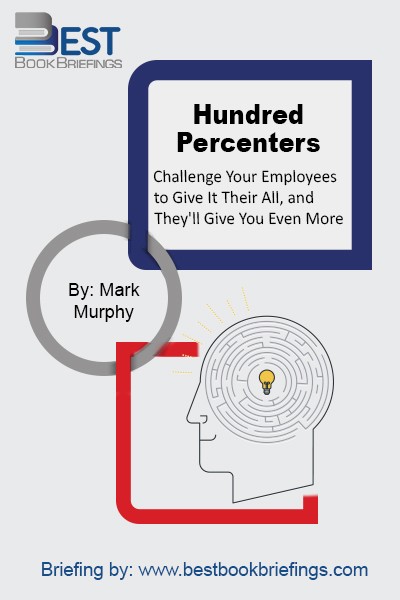Hundred Percenters
Challenge Your Employees to Give It Their All, and They'll Give You Even More
Number of pages: 240
Publisher: McGraw-Hill
BBB Library: Human Resources, Operations Management
ISBN: 9780071638944
Editorial Review
Peek out your office door and take a good look at your employees. With the exception of a few royal pains, you've got a nice group of people. By and large, they do good work, they get along with you and one another and they're generally well intentioned. But, are they giving 100%? Are they pushing themselves to their limits and beyond? If leadership IQ research on more than 500,000 employees and leaders is any indication, out your door you see a lot more getting Okness than greatness . Right now, 77% of leaders believe that their employees are not giving 100%. And they're not far off in their assessment, because 72% of employees admit they're not giving 100%. The 100% Leader creates Hundred Percenters by challenging them and creating a connection with them, unleashes their true potential to achieve extraordinary results. The 100% Leader doesn't just accept people as they are; he instead sees what we could become and cares enough to push us beyond self- imposed limitations to realize our potential.q
Book Reviews
Books on Related Topics
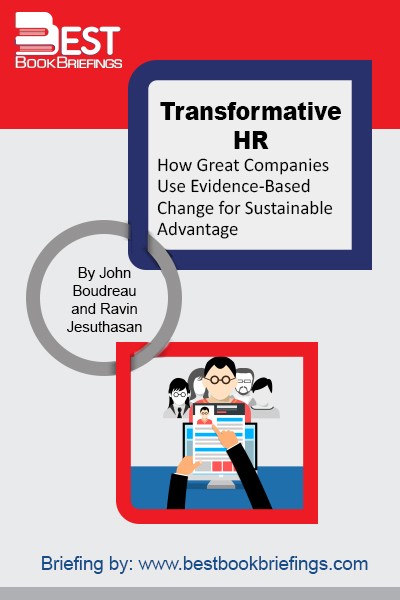
Evidence-based change is a mind-set and approach to making HR decisions. The thinking behind evidence-based change was inspired in part by the evidence-based movement in medicine. That movement came about after medical researchers noticed that doctors, despite a vast amount of available medical research, were treating disease in idiosyncratic ways. They
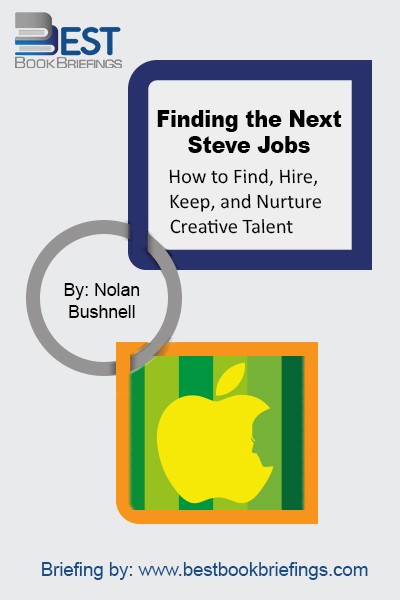
Nolan Bushnell founded the groundbreaking gaming company Atari and two dozen other companies. He also launched Steve Jobs' career, along with those of many other brilliant creatives over the course of his five decades in business. In his eagerly awaited first book, Bushnell explains how to find, hire, and nurture the
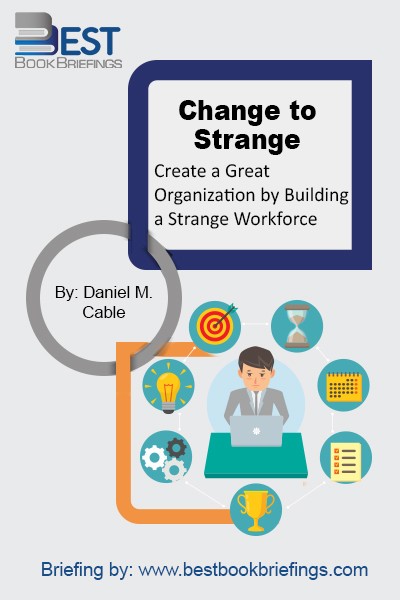
If your competitive advantage depends on your people creating something valuable and distinctive, then your workforce can't be normal. To get your extraordinary results, you are going to have to build yourself a workforce that is extraordinary in a way that customers care about. To build a great organization, you need
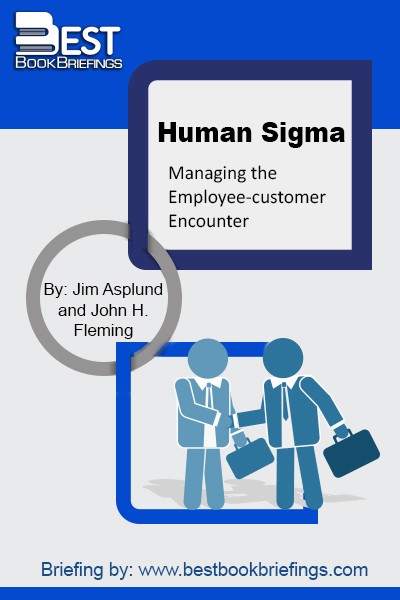
Six Sigma black belts around the world have gotten good at improving four of the root causes of quality defects, machines, materials, measurement, and methods, but there is another root cause identified in the Six Sigma methodology: people. This root cause has largely been ignored. This is not too surprising because
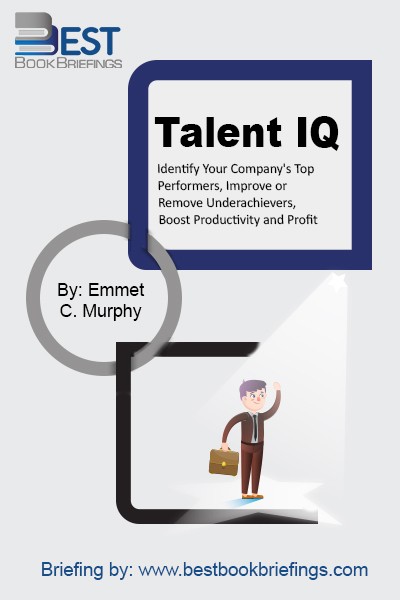
Recognizing talent is a leader’s most needed task. Today, more than ever, an organization’s fate depends on its ability to identify, coach, retain and, when needed, replace talent. The simple answer to what is talent: is achievement. Talent without achievement is reduced to only potential. Let’s start by discussing the seven
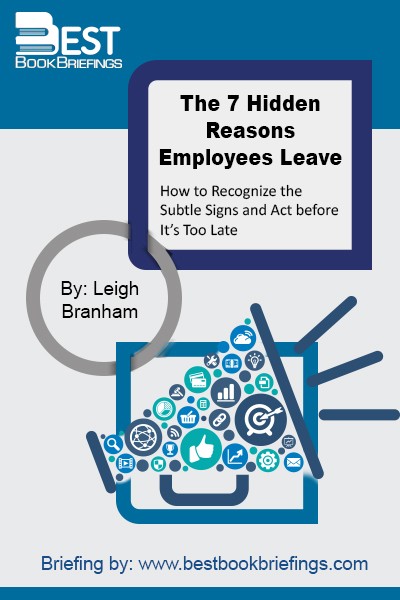
Based on research performed by the prestigious Saratoga Institute, The 7 Hidden Reasons Employees Leave provides readers with real solutions for the costly problem of employee turnover. Readers will learn how to align employee expectations with the realities of the position, avoid job–person mismatches, and provide feedback and coaching that breed

In Shine, bestselling author, psychiatrist, and ADD expert Edward Hallowell draws on brain science, performance research, and his own experience helping people maximize their potential to present a proven process for getting the best from your people.
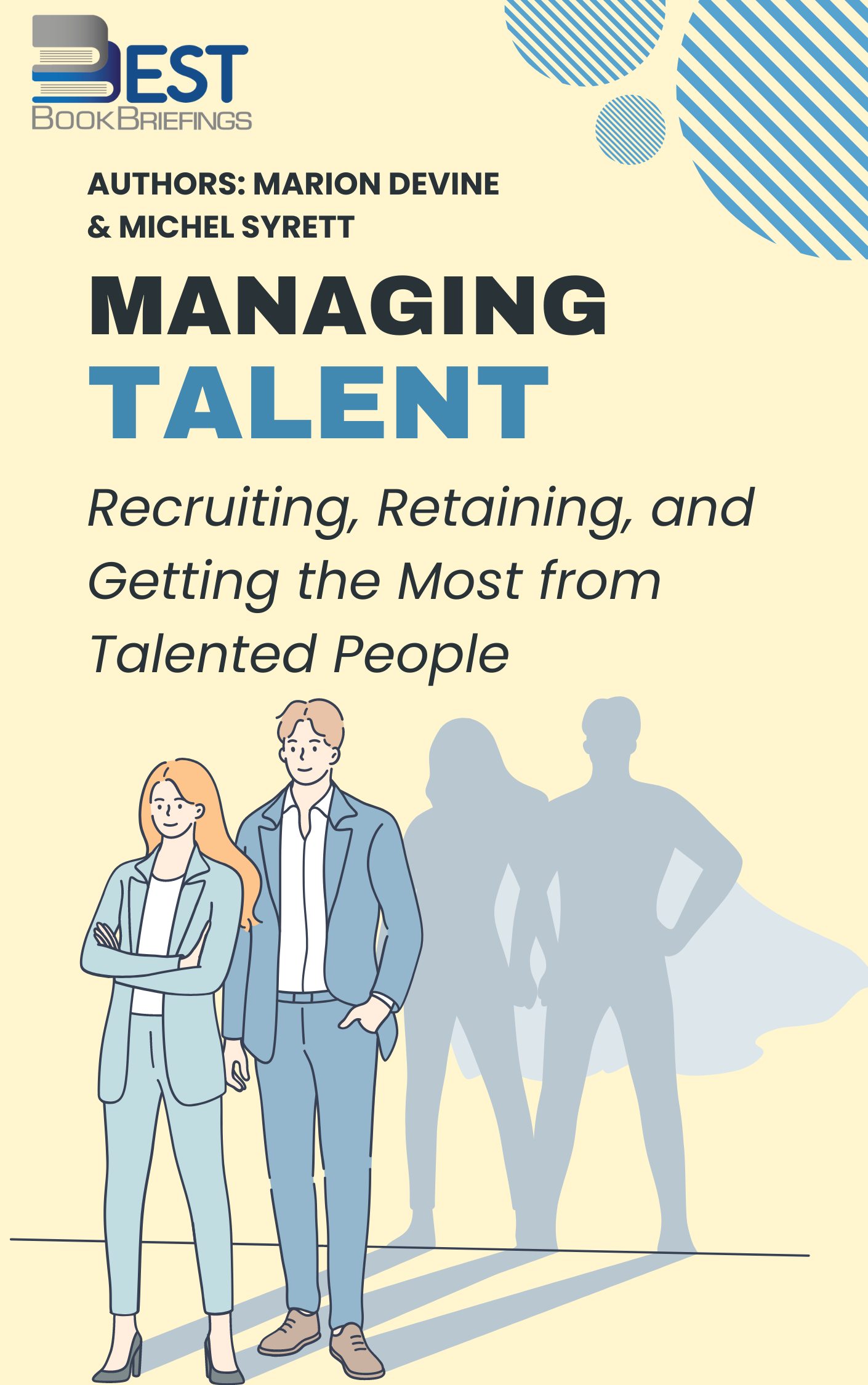
Drawing on original research, including interviews with senior executives, recruitment specialists and people considered to be “talented” within their organizations, Managing Talent outlines how companies are facing the challenge of recruiting and developing the talent they need. Full of useful insights and practical help for those who are responsible for the

